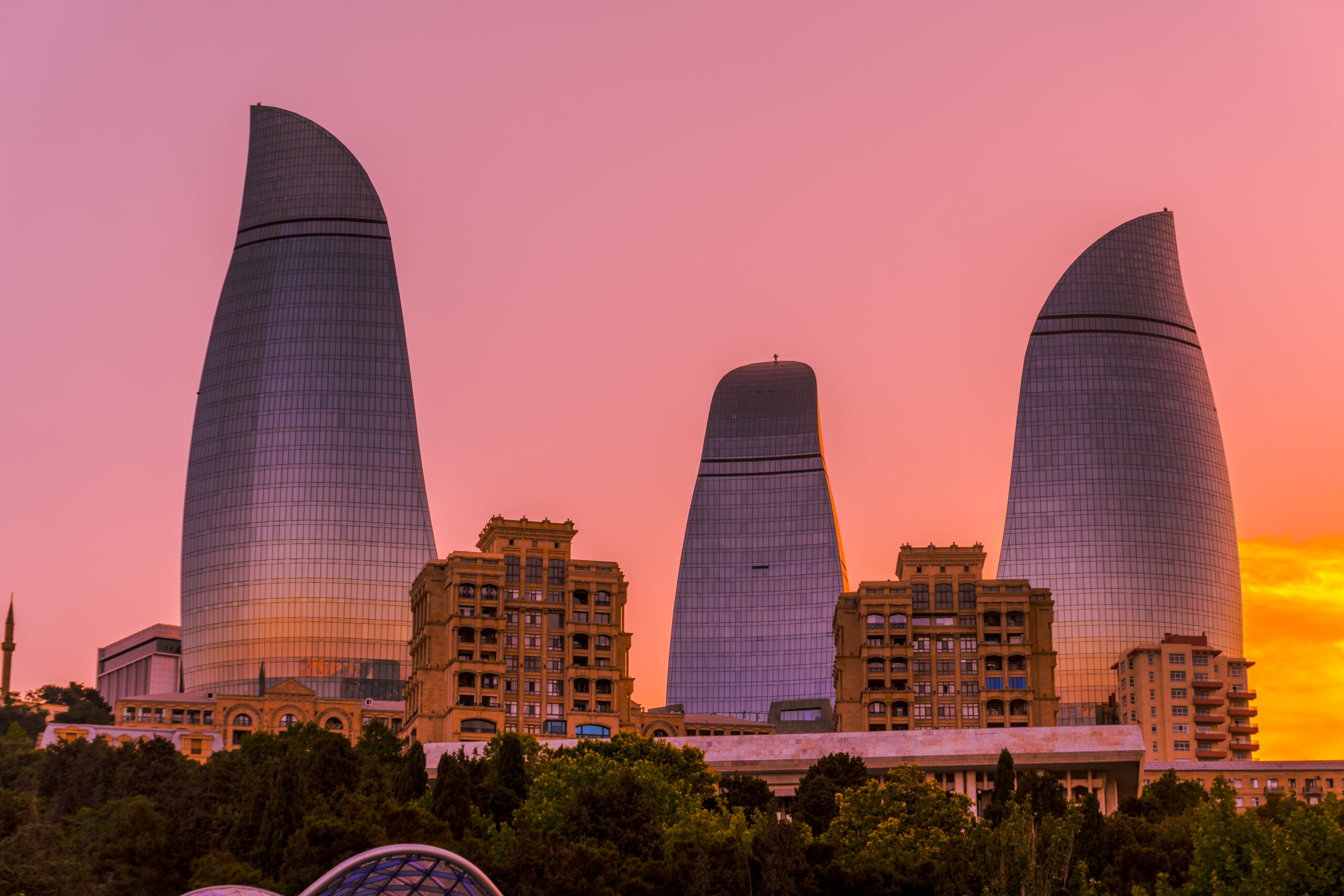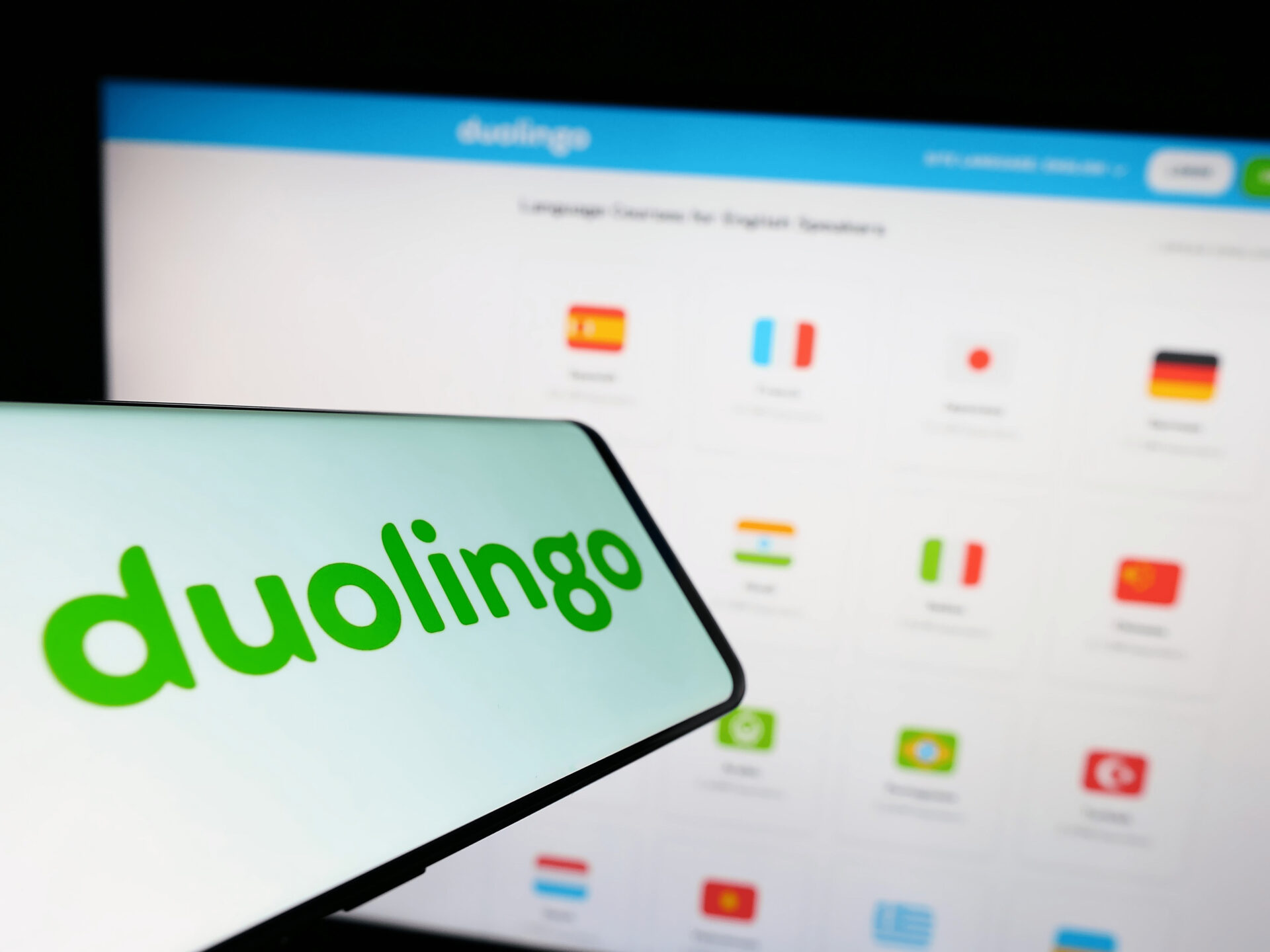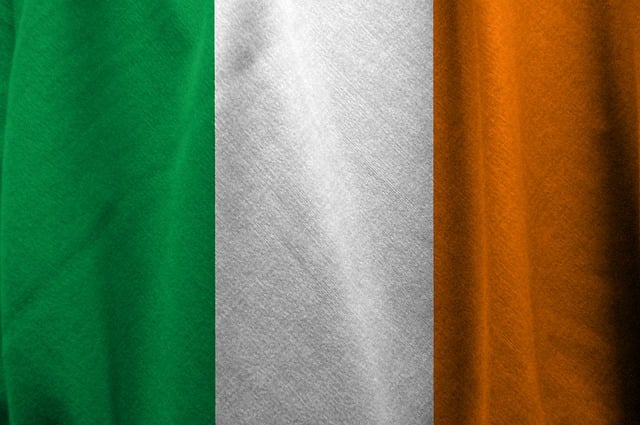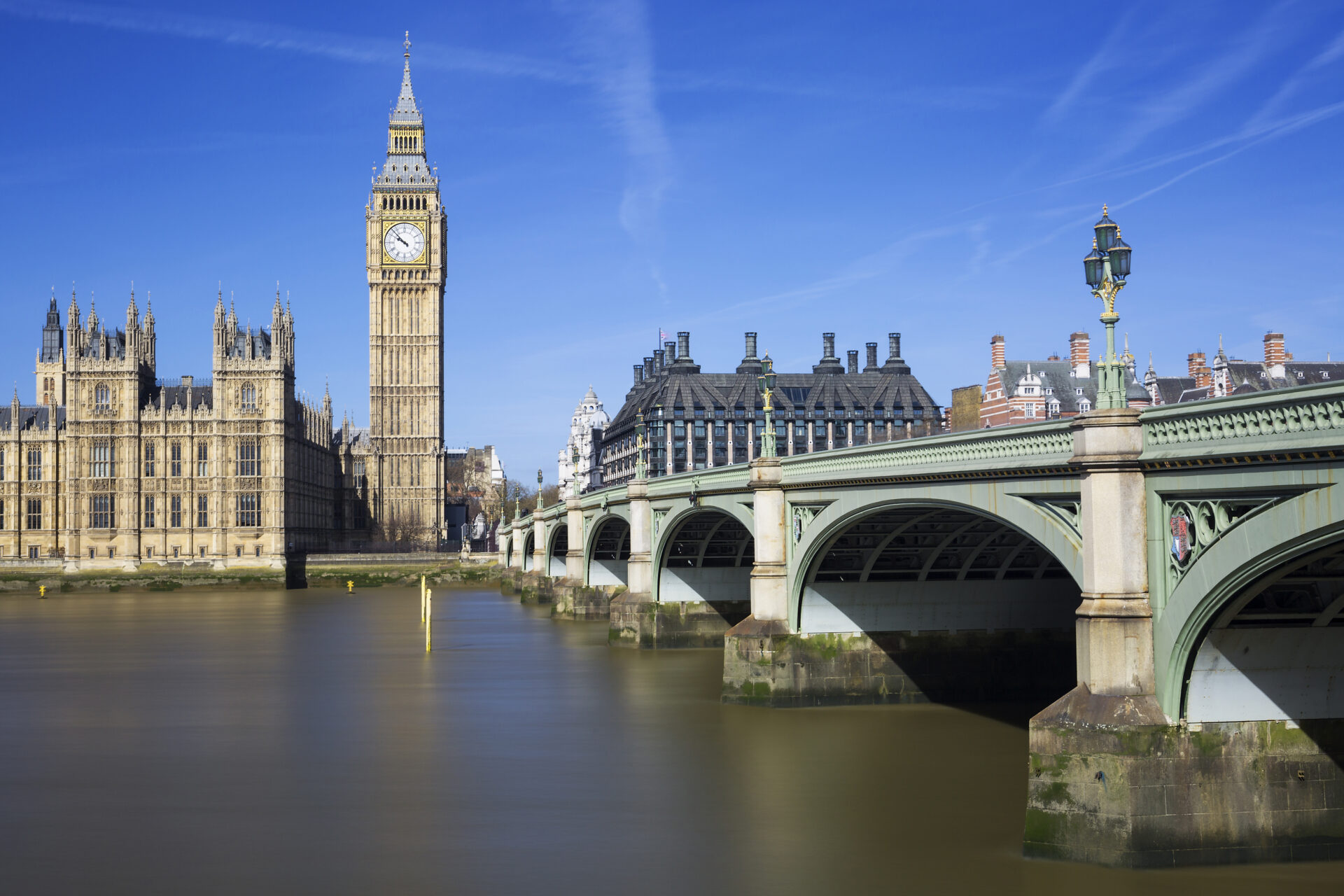The UK is one of the highly recommended destinations to study Master of Business Administration, also known as MBA for international students, cause of its top-notch academic system, first-rate facilities, and widespread reputation. International students pay between £31,450 to £87,900 for their UK MBA fees.
Table of Contents

Which country do you want to study in?
Do you have a valid passport?
When do you want to study abroad?
What's your preferred program?
What's your highest level of education?
What is your IELTS/PTE/Duolingo Status?
How Leap will help you
Personalised University Shortlist
Express Applications with Quicker Admits
End-to-End Application Support
In the UK, 130 Business schools provide MBA specialisation in Economics, International Business, and Health Administration. During these MBA programmes, the students can network with successful business professionals via seminars, internships and alumni.

The UK has lesser requirements for an MBA than other countries like the US and Canada. For admission to MBA programmes at B-schools in the UK, a minimum of three years of bachelor's degree with an academic score of 65%, GMAT scores, and non-mandatory job experience are necessary.
The blog includes top universities to study MBA in the UK, various MBA Specialisation available, UK MBA fees, eligibility, and scholarships.
UK MBA Fees: Top Universities
Let's start by discussing some of the UK MBA fees of the best business schools. You can enrol in a full-time general MBA, executive MBA, speciality MBA, or distance/online MBA programme in the UK.
The UK MBA fees of top business schools and their QS Global MBA Rankings 2023, are listed below:
| QS Global MBA Rankings 2023 | University Name | Location | UK MBA Fees for international students |
| 5 | London Business School | London | £109,700 |
| 12 | Cambridge (Judge) | Cambridge | £64,000 |
| 13 | Chicago (Booth) | Chicago | £94,830 |
| 16 | Oxford (Said) | Oxford | £106,540 |
| 21 | Imperial College Business School | London | £61,500 |
| 35 | Warwick Business School | Coventry | £49,950 |
| 47 | Manchester (Alliance) | Manchester | £47,000 |
| 56 | University of Edinburgh Business School | Edinburgh | £38,500 |
| 87 | Cranfield School of Management | Canfield | £25,750 |
| 94 | Durham University Business School | Durham | £35,000 |
UK MBA Fees: MBA Specialisations in UK
Two important factors while choosing your MBA Specialisation are Goals and Future Plans. Fitting your MBA specialities into your plan for accomplishing your goals is a crucial factor to consider.
The future is the second crucial factor to consider when selecting an MBA specialisation. An MBA candidate can only anticipate some new development and invention in their chosen MBA specialisation field. Therefore, the applicant must make it apparent in their MBA admissions essays that they know the difficulties facing the chosen industry.
Below are the MBA Specialisations available in UK Universities:
| MBA Specialisation in UK | University |
| MBA Marketing | Edge Hill University, University of Bedfordshire, University of Sunderland |
| MBA in HR | Edge Hill University, University of Sunderland, University of Bedfordshire |
| MBA in Finance | University of Edinburgh, University of Nottingham, Bangor University, Heriot-Watt University, Nottingham Trent University |
| MBA International Human Resource Management | Coventry University |
| MBA International Marketing | Coventry University, Bangor University |
| MBA in Entrepreneurship | Durham University, University of East London, Amity University, London |
| MBA Healthcare Management | York St John University, Brunel University London, Anglia Ruskin University |
| MBA Co operative Leadership and Social Enterprenurship | Sheffield Hallam University |
| MBA Global Healthcare Management and Leadership | Conventry University London |
| MBA Hospital and Health Services | University of Bedfordshire |
Application process for MBA in UK
Before entering the business world, you must complete the application process and meet specific criteria for a Master of Business Administration (MBA). If you want to apply for an MBA programme in another country, be prepared for a lengthy but worthwhile application process.
1. Decide on the MBA programme you want to pursue
You must first choose an MBA specialisation before applying to an MBA programme. We'll give you a few ideas to get you started, but feel free to look up your favourite subject:
- MBA in General Management
- MBA in Marketing
- MBA in Entrepreneurship
- MBA in Human Resource Management
- MBA in Engineering Management
Explore all countries
2. Choose between on-campus and online MBA programmes.
Depending on your schedule and options, the next step is deciding whether to pursue an online or an on-campus MBA.
3. Examine your application deadlines and UK MBA fees
Depending on the university you choose, you must adhere to particular dates for your MBA application. Keep track of the deadlines for submitting documents and the required UK MBA fees.
4. Prepare all the necessary documents and cross-check the eligibility criteria.
The following are the usual prerequisites for enrolling in a two-year MBA programme in the UK:
- Academic Requirements: A 2:1 bachelor's degree with a minimum of 50% to 60% from an accredited university
- GMAT Score: A competitive GMAT score of at least 600 points is required
- Professional work experience is preferred
- Language Proficiency: At least 6.0 IELTS band score or minimum 80 TOEFL scores
- Updated Resume
- Recommendation letter
- Evidence of ability to pay for your education
- 500 to 600-word Statement of Purpose
- Student visa
- Work Experience is not mandatory
Collect the abovementioned transcripts and apply to the university's official admission site.
5. Prepare for the interview.
After submitting all your documents, you will certainly be invited to an admissions interview. You will need a solid understanding of why you chose this MBA course and the business school, and discuss your job aspirations and interests in depth for your interview. Some MBA colleges prefer an online video interview, while others require you to be on campus. Of course, where you live at the time you apply to that university plays a role.
UK MBA Fees: Cost of studying
The UK MBA fees for various types of MBA programmes are listed below:
- A 12 to 21-month, intense research-based MBA programme in the UK costs between £31,000 and £88,000 as UK MBA fees for international students.
- For the two-year MBA programme, you have to pay £88,239 as an estimated yearly UK MBA fees.

UK MBA Fees: MBA in UK Scholarships
UK MBA fees can be fairly pricey. Many international students pick this programme because of its highly demanded degree. However, a lot of students struggle financially because of the expensive UK MBA fees. Numerous organisations offer financial aid to students to ease their UK MBA fees, so they can pursue postgraduate degrees in the UK.
A few of the best MBA Scholarships in the UK and their benefits are listed below:
| Scholarship Name | Benefits |
| Commonwealth Fellowship Plan | Fully funded |
| Imperial Women Scholarship | Variable |
| GMAT Excellence Award | $ 5350 |
| Global Study Awards | £10,000 |
| BK Birla Scholarships | Tuition Fees |
| Forte MBA Fellowships | Partial Funding |
| Inlaks Scholarships | Tuition Fees |
| Global Women’s Leadership Scholarship | Partial Funding |
| Chevening Scholarships | Tuition FeesMonthly Stipen Travel and visa assistance |
| Durham University Business School - Achievement MBA Scholarships in UK, 2022 | Partial Funding |
| Excellent Scholarship | Fully funded |
You can also go through LeapScholar’s scholarship finder that provides a free, up-to-date, and comprehensive list of scholarships, grants and other awards available to international students to decrease your UK MBA fees.
UK MBA Fees: International Student Living Cost
It's NOT economical to live in the UK as an international student. However, where you choose to live greatly impacts how much money you spend. Monthly living expenses in well-known locations like London might easily exceed €1,500. You can get by in smaller towns with a monthly budget of € 700-1,200.
In the UK, many colleges offer dorms for students. These residences provide excellent value for money and include utility costs in the total cost. First-year students are the ones that prefer student residential halls the most. Rest for 1 Bedroom apartment outside the city costs £610 per month, and three bedroom apartment costs around £1255 per month.
UK MBA Fees: Work permit after studying MBA in UK
International students and not have a Swiss or an EEA (European Economic Area) passport must apply for a visa to study and work in the UK. You need to apply for a Tier 4 UK student visa to study in the UK.
The post-study work (PSW) visa, which the UK government has reinstituted, now permits students to remain in the UK for two years following graduation. You are exempt from the Resident Labour Market Test if you complete a full-time MBA. You must, however, apply for a Tier 2 work visa. Additionally, it would help if you worked for a licenced sponsor.
You can work at the job listed on your sponsorship certificate during this period. You can also bring a family member with you. Upon working in graduate employment for five years, you will be eligible for a permanent residence card (PR). The candidate must obtain an "indefinite leave to remain (ILR) Visa" to become a permanent resident. An ILR visa in the UK can be obtained with the help of full-time work, a good moral character, and a clean criminal background.
Jobs after MBA in UK
In general, your speciality choice and academic performance will impact where you land a job. With 6.5 million private business organisations, the UK is currently considered a magnificent market. Prestigious companies are hiring graduates of MBA programmes in the UK at an average salary of 80,000 GBP. The pay packages available for some of these are listed below.
You must increase your knowledge and skills to run a successful company or work for a big enterprise. It's time to seriously consider furthering your education at one of the top MBA institutes in the UK. The UK MBA degree teaches you about the nature of the world's markets and gives your resume a particular cachet that makes potential employers take notice.
Students wanting to get admitted to UK universities for MBA can use Leap Scholar (LS), South Asia's Largest study abroad platform. At LeapScholar, we support students throughout the application process till they arrive in their new country. We assist students by managing the examination of their profiles, the shortlisting of universities, and the submission of applications to obtain a student visa. We also ensure that each student who registers with us successfully secures a seat in the university of their choice by employing a distinctive counselling method in which our group of knowledgeable study-abroad advisers collaborate with student mentors to assist you in making the best choice for your career.
Frequently Asked Questions:
-
How much money can one make in the UK after getting their MBA degree?
International candidates can expect a significant return on investment from business schools in the United Kingdom. The majority of b-schools offer a pay package of around £100,000 per year. This means that an MBA student in the UK could earn up to 92 lakhs INR.
-
How can one acquire an MBA scholarship?
International students can apply for a variety of scholarships, including those granted by the universities that sponsor the programme and those supported by the government. Fulbright Scholarships, Chevening Scholarships, Inlaks Scholarships, and other government-funded scholarships are among the most popular. You must meet the specified qualifying conditions and apply through a university or granting organisation. Scholarships are mostly given to those who have excelled academically and professionally.
-
What is the approximate living expense for international students in the UK?
For international students, it would cost around 900 pounds per month, except the academic fee.
-
How many years is an MBA in the UK?
Most MBA programmes at UK business schools last one year, although others are two years long. Prospective MBA students can also choose to study part-time while maintaining their careers.
-
Which MBA course in the UK is best?
Many colleges in the UK offer MBA programmes, which are the most sought-after business degrees. The London School of Business, Oxford Business School, Cambridge Judge Business School, Imperial College of Business, and many others provide some of the best MBA programmes.
-
Do I need a GMAT score to pursue an MBA in the UK?
In many situations, a GMAT score is not a need. However, if you lack the necessary educational credentials, a high GMAT score can provide you with an advantage and aid in your pursuit of a scholarship. For an MBA in the UK, a competitive GMAT score is 600+.
-
Can we pursue an MBA in the UK without previous work experience?
Yes. For those pursuing an MBA in the UK, work experience is not required. However, most of the best MBA schools require applicants to have 2-3 years of professional experience.

















Have Questions? Get Guidance to reach your Dream University
Connect with India's finest counsellors and biggest study abroad community.
Get Guidance